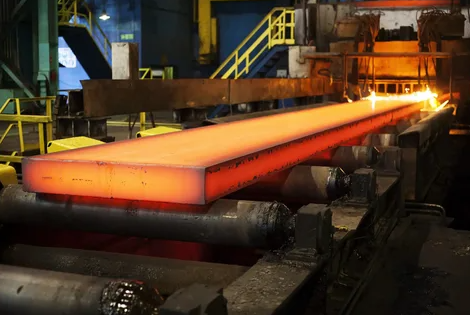In his keynote address, Juan Verde, an adviser to former U.
S. Presidents Biden, Obama and Clinton, said the world is at a "historic juncture." A "crossroads" where the old trading rules no longer apply. He identified three forces changing waste recycling: the rise of China, technological rivalry and protectionism, as well as a new definition of sustainable development. Verde explained that the geopolitical competition for resources, along with advances in artificial intelligence, quantum computing, and biotechnology, will transform global industries and increase demand for recycled materials. He noted that protectionist policies such as "support for friends" will force countries to invest heavily in processing facilities to strengthen resource security.
At a meeting of the Ferrous Metallurgy Department, Rolf Willeke, BIR's Adviser on Ferrous Metallurgy Statistics, highlighted the key findings in the January-June 2025 update of the 16th edition of World Steel Refining in Figures. According to BIR calculations, about 630 million tons of recycled steel are used annually, which helps to prevent 950 million tons of carbon dioxide emissions and save energy and resources.
For the production of environmentally friendly steel, Mr. Willeke stated that it is important to follow global trends affecting the use of direct reduction iron (DRI). In the first half of the year, global DRI production increased 4.3 percent year-on-year to 64.2 million tons, with India with 29.2 million tons and Iran with 16.3 million tons being the two largest producers.
The use of recycled steel is declining worldwide
Global consumption of recycled steel in key regions fell 6.9 percent year-on-year to 235.96 million tons, accounting for 76 percent of global steel production. The use of recycled steel decreased in China, the EU-27, the USA, Japan and South Korea in the first half of 2025, while growth was recorded in India and Turkey.
- China: 109.01 million tons (-11.4%) is still the world's largest consumer
- EU-27: 39.4 million tons (-4.2%)
- USA: 26.7 million tons (-9.1%)
- Japan: 14.9 million tons (-6.7%)
- South Korea: 10.24 million tons (-11.3%)
- India:






